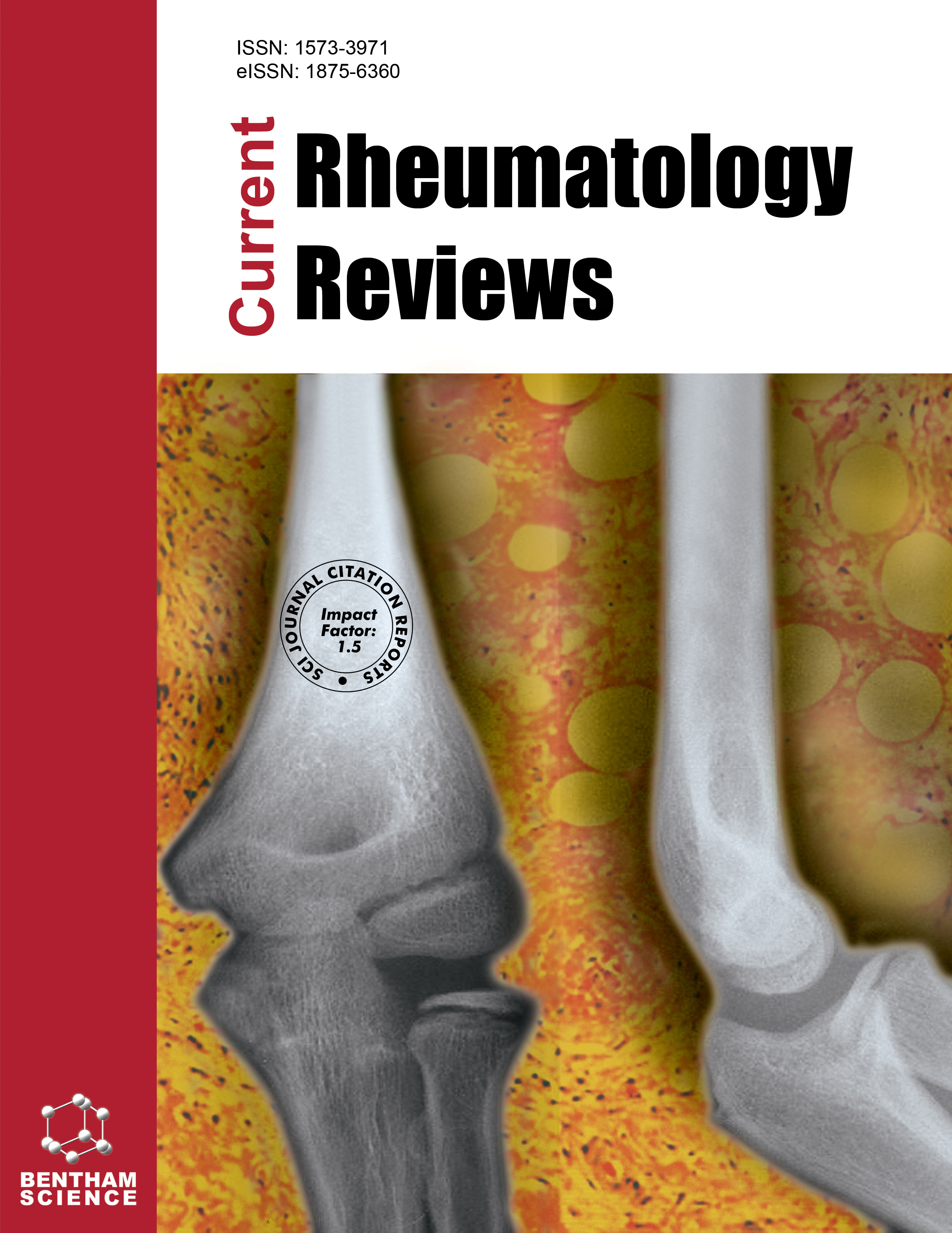
Full text loading...

Fractures are a significant global health issue, particularly among older adults, and are associated with substantial morbidity and mortality. While several risk factors are well-established, the role of dietary vitamin K in fracture prevention remains unclear, with existing epidemiological studies yielding inconsistent results.
This meta-analysis aimed to comprehensively evaluate the association between dietary vitamin K intake and the risk of fractures, including a dose-response analysis to explore potential non-linear relationships.
A comprehensive search was conducted in the PubMed and EMBASE databases, covering the period from January 1966 to July 2025. The certainty of the evidence was assessed using the Grading of Recommendations, Assessment, Development, and Evaluation (GRADE) framework.
A total of six studies encompassing 93,776 participants and 1394 instances of fractures were analyzed. We found a trend towards a decreased risk of overall fractures with increased vitamin K consumption, with a risk ratio of 0.83 (95% CI, 0.68-1.01). Similarly, vitamin K intake showed a trend toward a reduced risk of hip fractures (risk ratio: 0.76, 95% CI: 0.56-1.02; I2 = 43.91%). Furthermore, the risk of overall fractures decreased with dietary vitamin K consumption up to 120 µg/day.
Our meta-analysis suggests that dietary vitamin K intake may have a protective effect against fractures. We observed a U-shaped association between fracture risk and vitamin K intake at recommended dietary allowance (RDA) levels. Further studies in diverse populations, examining different forms of vitamin K and their relation to fracture risk at various skeletal sites, are warranted.
PROSPERO 1016592.

Article metrics loading...

Full text loading...
References


Data & Media loading...
Supplements